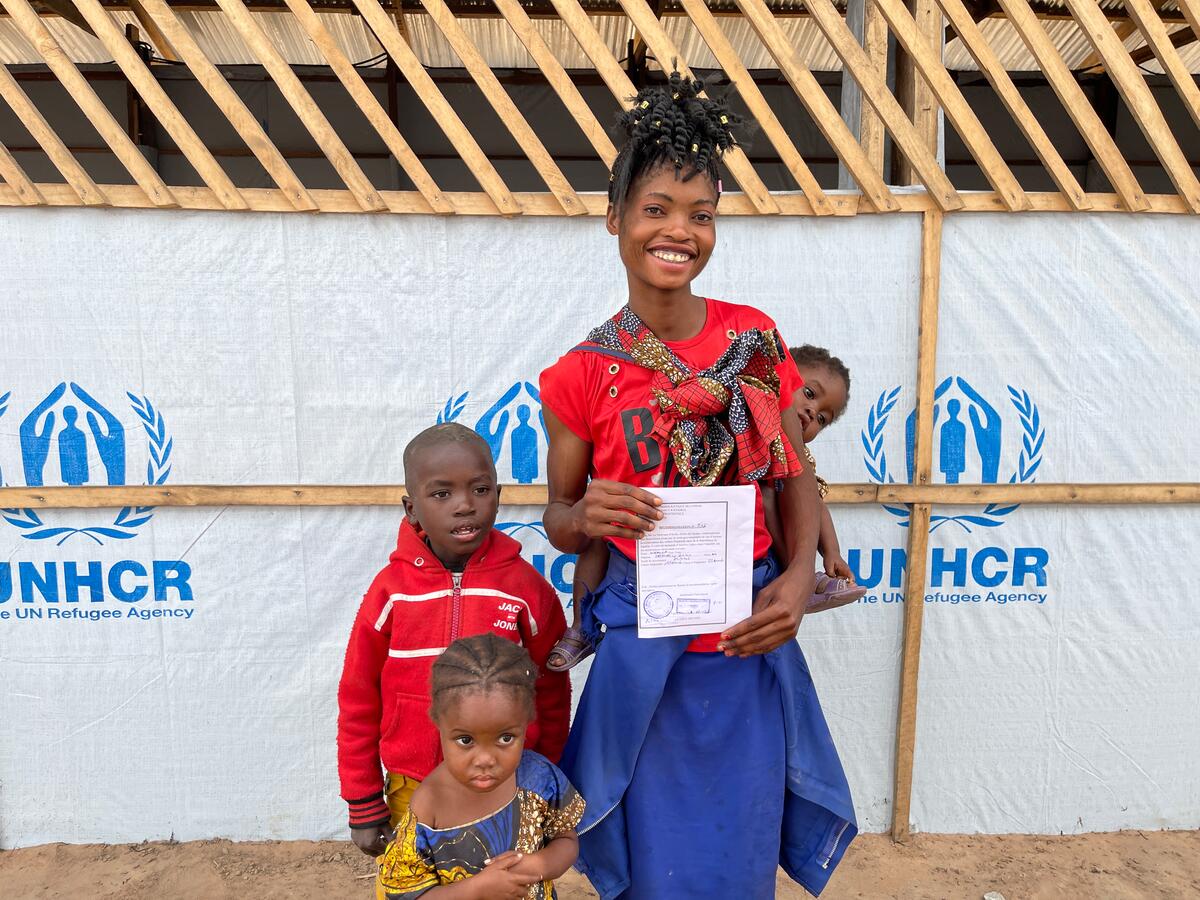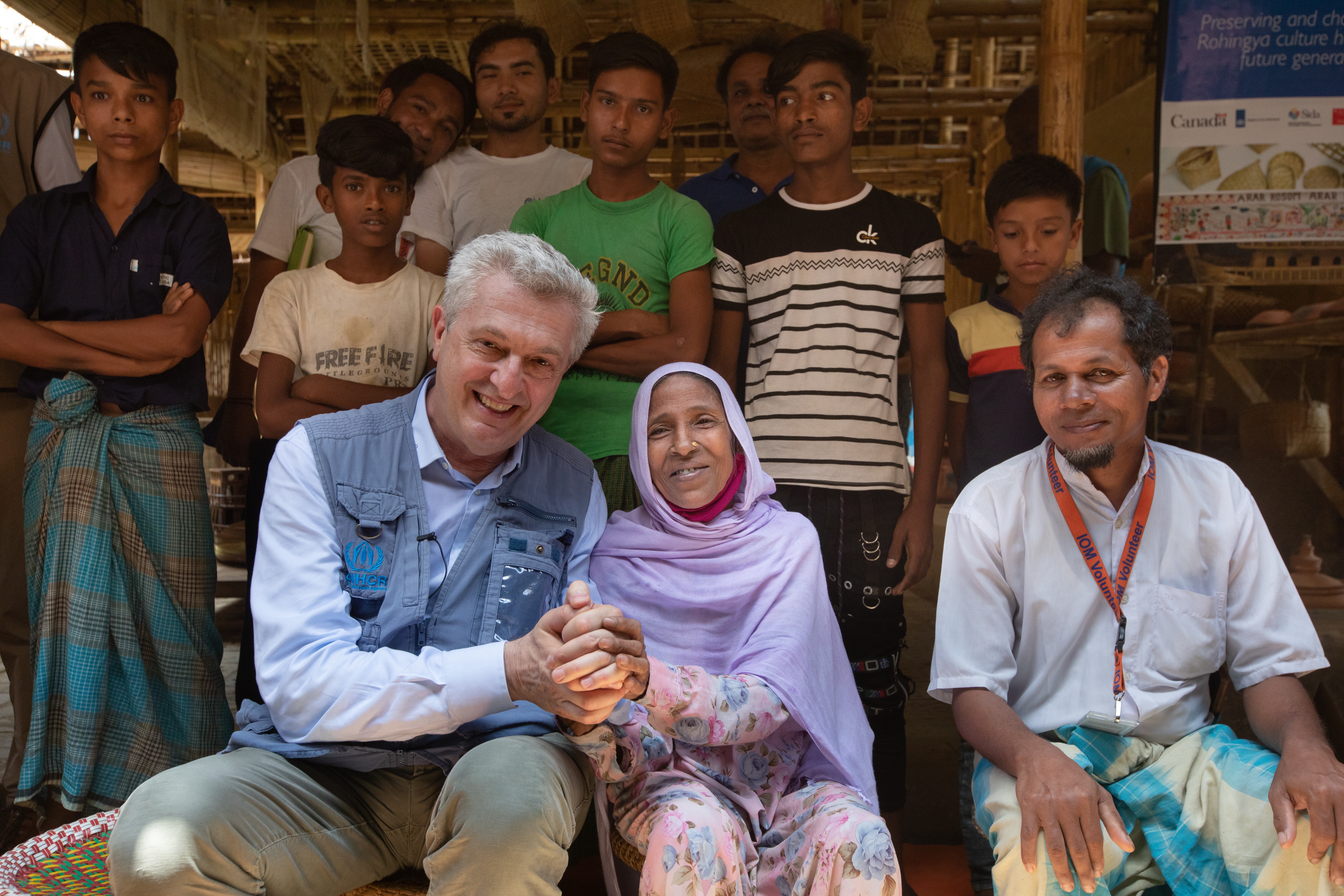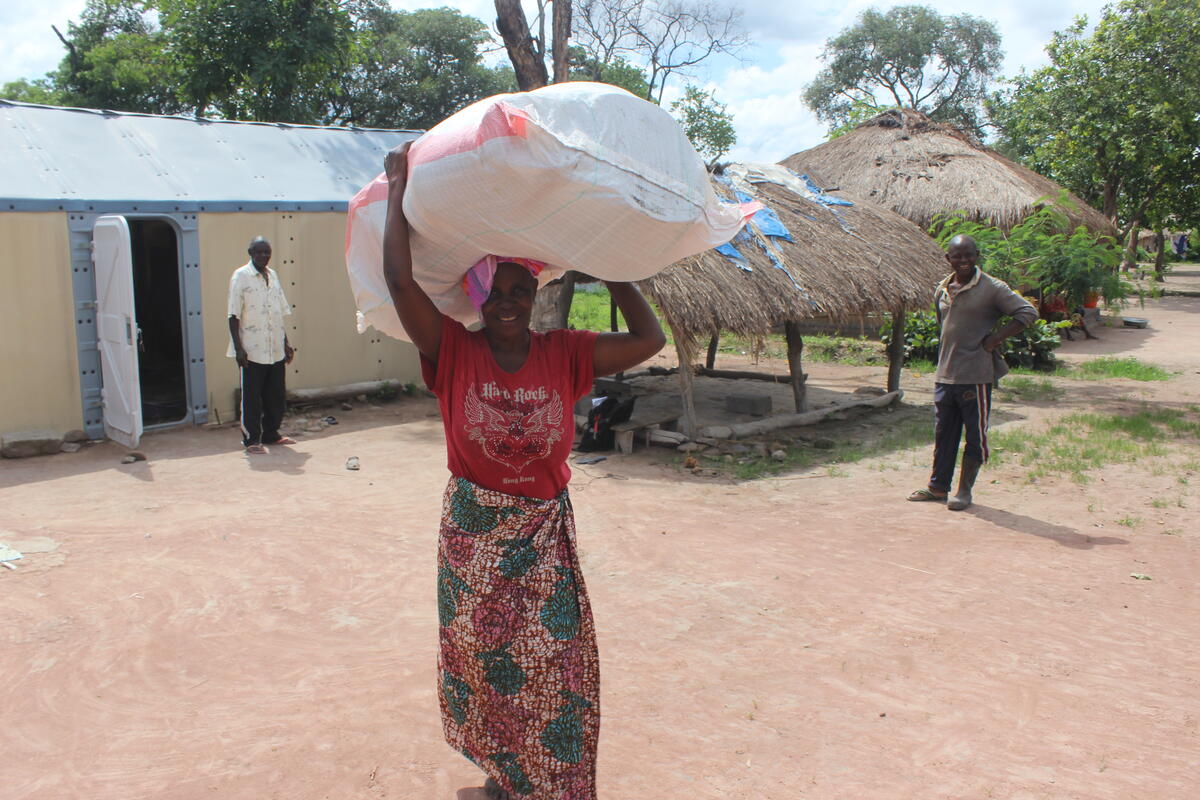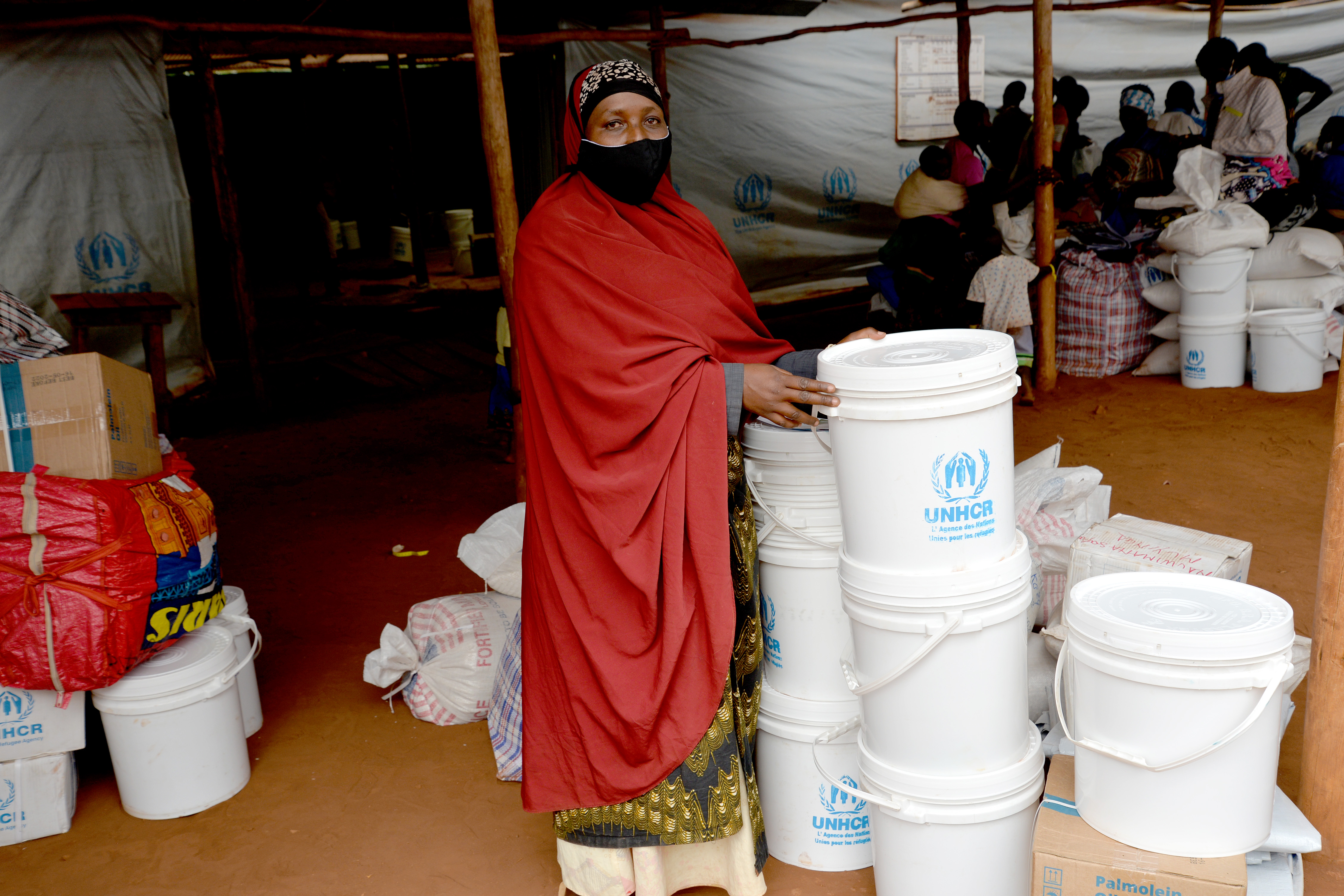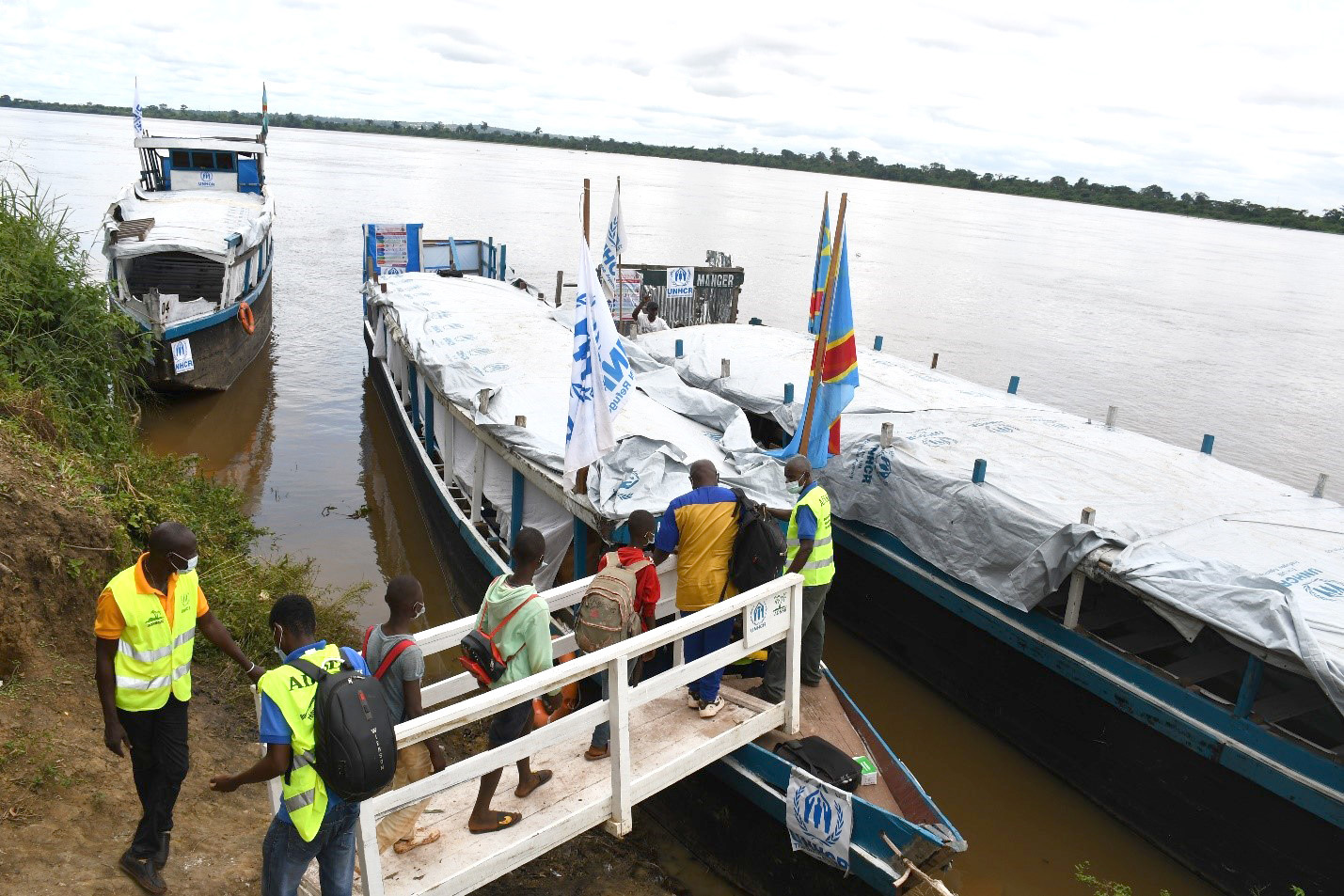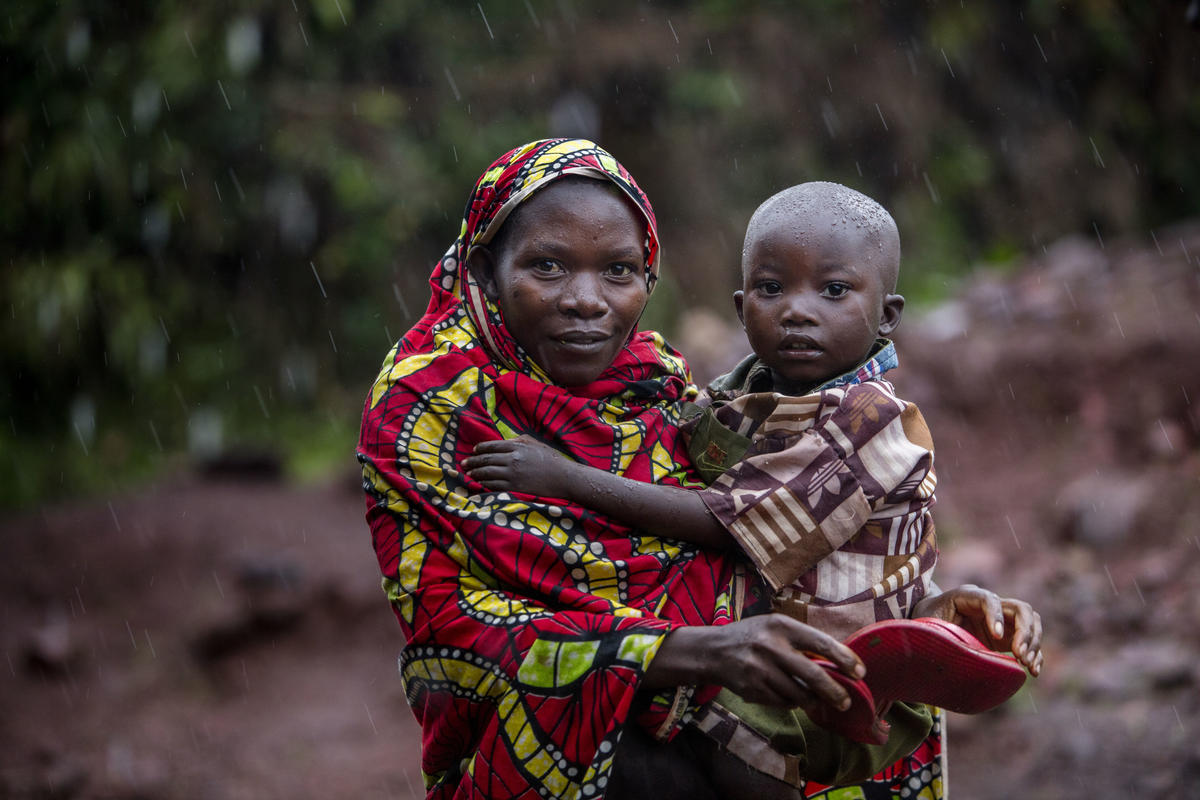UNHCR welcomes Kenya statement, urges flexibility on timeframes for Somali refugees
UNHCR welcomes Kenya statement, urges flexibility on timeframes for Somali refugees

Today’s statement by the Government of Kenya on its continued search for solutions for refugees at Dadaab is welcome. Kenya has been generously hosting and protecting Somali refugees over many years in line with its international obligations. We are glad that this remains Kenya’s position.
We are pleased to note Kenya’s commitment to supporting Somali refugees who wish to return to Somalia to do so in a voluntary, humane, safe and dignified manner in accordance with international law. The voluntariness of returns is key.
For years, UNHCR has been involved in the search for long-term solutions for the situation of refugees at Dadaab. On 25 June 2016, UNHCR and the governments of Kenya and Somalia agreed to an Action Plan in this regard.
Since 2014 some 35,000 Somali refugees have been supported in returning voluntarily to Somalia. A verification exercise, undertaken between July and August, confirmed a population of 283,558 refugees at Dadaab, 58,000 fewer than previously estimated. Another 40,500 people who either possess or are on record as having applied for Kenyan identity cards, were identified. UNHCR has also commenced the relocation of 14,000 non-Somali refugees to the Kakuma/Kalobeyei settlement in Turkana and in addition 16,000 refugees awaiting resettlement clearances will have these procedures finalized to enable departure from Kenya to third countries.
UNHCR now appeals to the Government of Kenya to show flexibility on the timeframe for the different elements of the plan, including on returns to Somalia. Rigid deadlines will be difficult to meet. For solutions to be genuinely voluntary people must be fully informed, and able to make their individual decisions free from pressure. UNHCR will continue to work with the Government in pursuing the most appropriate options.
Therefore, UNHCR urges all stakeholders to focus attention on the implementation of the Action Plan in all its dimensions, including inside Somalia and in the region. It is for this reason that High Commissioner Filippo Grandi recently appointed a Special Envoy for the Somali refugee situation, Ambassador Mohamed Abdi Affey.
A crucial element for the success of the Action Plan is for the international community to make adequate investments inside Somalia in support of its progress towards security and stability. This must include much stronger assistance for the reintegration of returnees together with increased efforts to find solutions for the internally displaced.
News contacts:
UNHCR Headquarters, Switzerland
Adrian Edwards: +41 79 557 9120
Cécile Pouilly: +41 79 108 2625


